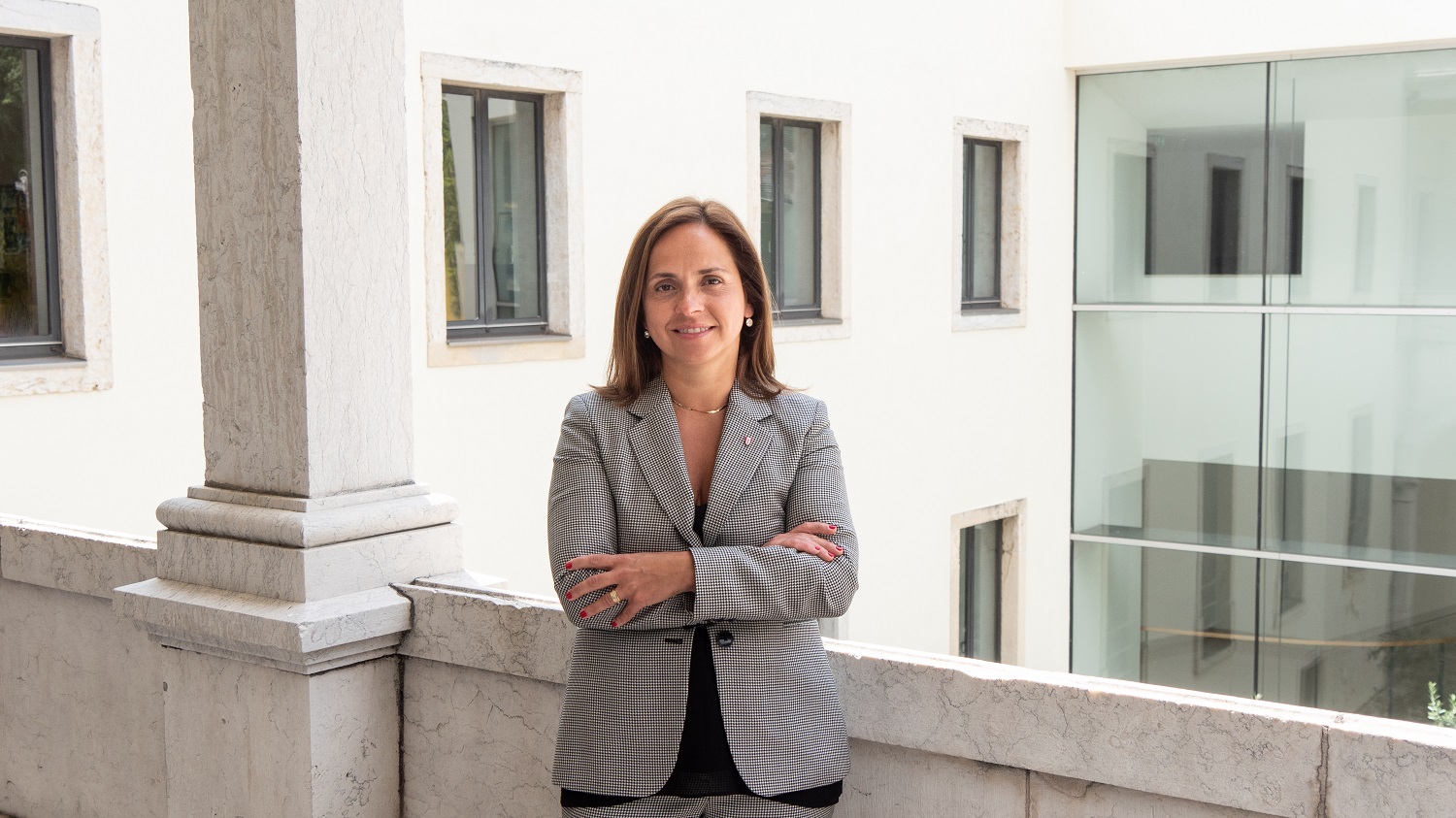Portugal is still at the forefront of EU’s top poorly paid government employees
The Portuguese government's employees are very poorly paid, gaining around €46 less per day than their European peers. Eurostat statistics showed the Scandinavian countries take the lead.
They’re very few and they are very poorly paid. That’s how the public services in Portugal look at the moment, according to Eurostat. EU’s statistics released this Monday display quite an eerie picture about the working conditions of the Portuguese government’s employees.
The numbers show that in Portugal, 15% of the employed population was hired by the government, which has put the country under EU’s 16% average, corresponding to 2016.
Almost two dozens of member-states have higher percentages of government employment than Portugal. At the top of this ranking are the Scandinavian countries, with Sweden at the leading position with 29% of its population working for the government, followed by Denmark (28%), and the Nordic country Finland (25%).
Portugal shows right next to Ireland and Spain, and looking closely at this graph we see that only four countries have registered lower rates than the Portuguese government: Germany (10%), Luxembourg (12%), Holland (13%) and Italy (14%).
Tweet from @EU_Eurostat
Accordingly to the data released by our DG Public Administration and Public Service Portugal had 674.379 government employees by the end of the first trimester of 2018.
We come up last in terms of the number of civil servants hired by the government, and we also have the lowest salaries in the Union. Eurostat showed that in 2014 (data for salaries from Eurostat are not updated so speedily), the average salary for a government employee in Portugal was €1.396, a value that was well below the Union’s average.
In that same period (2014) an EU28 government worker would take home, on average, €2.617, whereas the average for the EU19 was even higher that year, reaching €2.789.
This means that, monthly, a Portuguese government employee is paid €1.221 less (a €41 per day difference) than his EU28 peers, and €1.393 less (a €46 per day difference) than his Euro Zone counterparts.
These salary disparities are not exclusive to those working in the public sector. In 2017, the Portuguese magazine Exame released a study with data gathered from the human resources consulting company Adecco, in which it found that the average gross salary earned in Portugal in 2017 was half the EU28 average. How much? In average, the Portuguese took home €1.017, which is half the €2.000 EU28 average.




